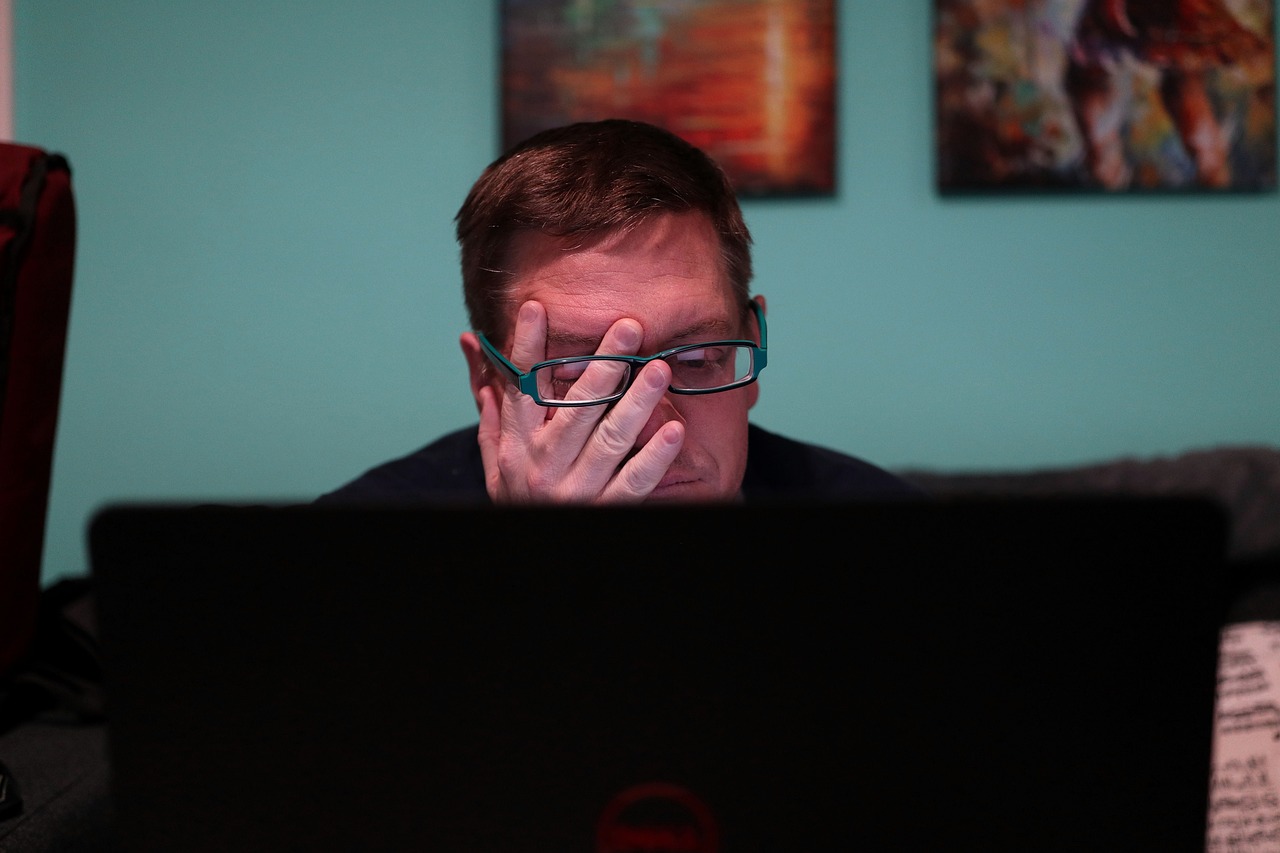News release
From:
Zoom fatigue is linked to dissatisfaction with one’s facial appearance
Virtual meeting fatigue is associated with increased use of impression management features such as filters and avatars
Facial appearance dissatisfaction is associated with virtual meeting (VM) fatigue, which prompts the use of impression management behaviors and results in lower intention to adopt VM technologies, according to a study published February 5, 2025, in the open-access journal PLOS One by Chaeyun Lim from Michigan State University, U.S., and colleagues.
The increasing reliance on VMs has led to a pervasive experience of VM fatigue, commonly referred to as Zoom fatigue. This phenomenon has significant implications for workplace productivity and individual well-being. Despite VM fatigue’s critical role in shaping workplace interactions and digital inclusion in emerging virtual work environments, its effects on VM adoption—and the mechanisms linking facial appearance concerns, VM fatigue, and VM adoption—remain underexplored.
In the new study, Lim and colleagues responded to the pressing need to understand the mechanism of VM fatigue and its consequences for virtual workplace technology inclusion. Specifically, the researchers investigated impression management features—tools that enable users to adjust their self-video to manage their appearance. They recruited 2,448 U.S.-based workers to participate in a 15-minute survey. The sample included professional, technical, or scientific workers who worked remotely at least sometimes and who participated regularly in virtual meetings for work. The survey assessed participants’ negative perceptions of their facial appearance, as well as impression management behaviors such as the use of touch-up to enhance self video and the use of video filters or avatars.
Using structural equation modelling to examine the relationships between each of these factors, the results demonstrated that individuals who report increased facial appearance dissatisfaction experience more VM fatigue which then leads to more use of impression management features. VM fatigue induced by facial dissatisfaction is associated with users perceiving VMs as less useful, ultimately affecting their intention to adopt VM platforms in workplace meetings. Taken together, the findings advance understanding of the psychological mechanisms underlying VM fatigue and its influence on technology adoption.
Study limitations include the recruitment of participants solely from the U.S., and the survey design, which prevented the researchers from identifying causal relationships among facial appearance dissatisfaction, VM fatigue, impression management behaviors, and intentions to adopt VMs. According to the authors, future research should recruit participants from various cultural contexts and delve deeper into how current VM features facilitate workplace communication in manners that supports the well-being and socio-psychological needs of workers.
The authors add: “Our study highlights that dissatisfaction with facial appearance contributes to Zoom fatigue, leading to reduced adoption of virtual meeting technologies. This dissatisfaction also drives the use of impression management features, emphasizing the need to address worker well-being in virtual communication environments.”



 International
International


